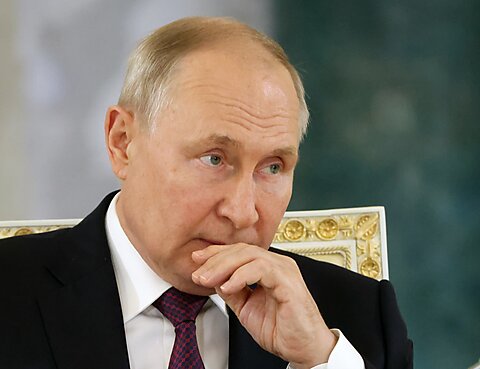John Mueller
Regardless of how it ends, Russian President Vladimir Putin’s war in Ukraine is likely to go down in history as a massively counterproductive failure, and he may well be remembered as Vladimir the Fool, or, to update an infamous fifteenth century moniker, as Vlad the Self‐Impaler.
To many commentators, this disastrous trajectory suggests that Putin’s days are numbered. However, there is a serious possibility that Putin will remain in office during any settlement period over the war and that he will still be there afterward.
In fact, history provides numerous examples of politicians, especially in autocracies, who have survived military debacles. And the chance of overthrow, whether by popular rebellion or by elite insider coup, is likely reduced if, as in this case, there doesn’t seem to be a viable alternative waiting in the wings or in the trenches.
The most pertinent parallel with Putin’s misadventure in Ukraine may be the Chechen war of 1994–96 under Boris Yeltsin. When that venture turned into a disaster, Yeltsin desperately worked out an agreement for withdrawal under which Chechnya might eventually have been able to formally secede. These humiliating events played out during Yeltsin’s 1996 reelection campaign, yet he was reelected.
Thus, Putin may well be able to repress any temptation to escalate the war catastrophically, and it is not at all clear that he needs to be given much in the way of face‐saving concessions to retreat from his debacle and to withdraw from Ukraine.
In fact, if Putin needs an excuse—or talking point—he can simply double down on the major justification he advanced for the war at its outset, one that, however bizarre, seems to have been substantially accepted in Russia. Comparing the situation in Ukraine with the one that led to the German invasion of Russia in 1941, he argued that his attack was designed to prevent NATO from establishing a military presence in Ukraine from which it would eventually invade Russia. That is delusory of course, but it can be fashioned into a victory claim that might well be readily embraced by the war‐weary and war‐wary Russians.
For a more extended commentary on this issue, see my essay that originally appeared in Foreign Affairs.


























